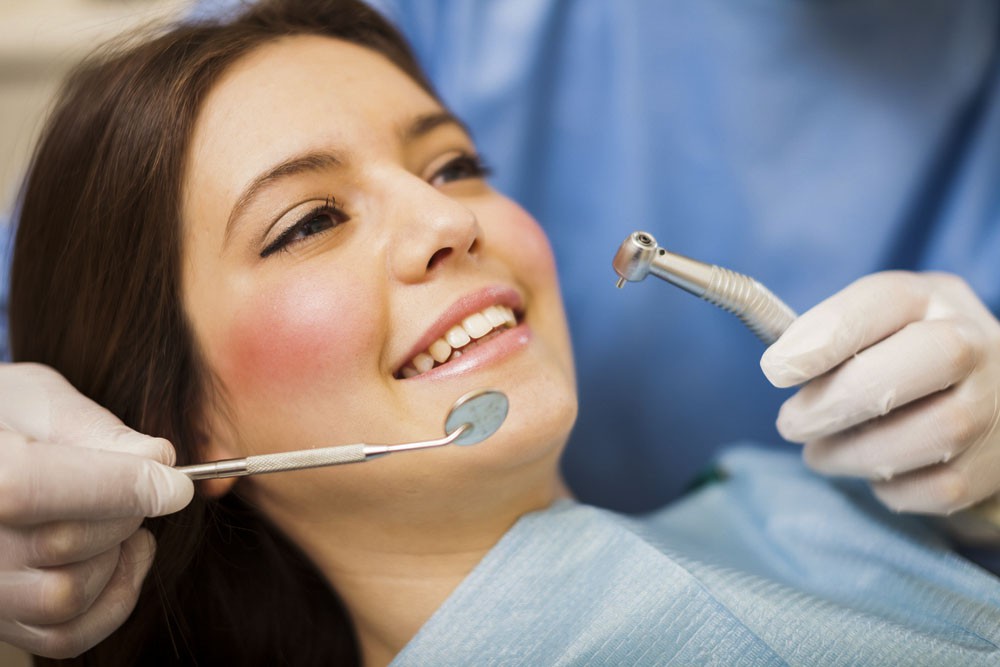Do you take dental hygiene for kids seriously enough? Getting children to brush their teeth everyday on a regular basis isn’t always an easy task. However, the importance of developing a child’s dental hygiene routine at a young age is extremely important. By practicing the habit of brushing twice a day and flossing at least once daily, a child is more likely to continue these practices into adulthood. By helping your child with their daily oral hygiene routine you will help your child to keep a healthy mouth and a bright smile.
How to Clean your Newborn’s Mouth
It’s a big unknown for many when the appropriate time to start practicing good dental hygiene for kids. Keeping your child’s mouth clean is important as soon as birth. For babies, there are obviously no teeth to brush, however bacteria will still develop inside of the infants mouth. For this reason, it is important to wipe a baby’s gums with a soft damp cloth after feeding to prevent the development of bacteria in the gums. This will ensure a healthy mouth for a baby to begin teething and provide a little less discomfort during the process. Once a toddler starts to develop teeth, you can start to use a soft toddler toothbrush to brush their teeth twice a day or after meals. However, avoid fluoride toothpaste as it may be a health hazard if swallowed. Most municipalities add a small amount of fluoride to tap water, which should be enough fluoride to help a toddler’s teeth maintain a healthy amount of enamel.
Reinforcing Dental Hygiene for Kids
The essential time to begin reinforcing dental hygiene for kids is preschool or ages 3-4 years old. This is the age when your child should learn how to brush their own teeth. Flossing should be introduced to the daily routine as well. Some children will have no problem brushing twice a day, however many children may have a difficult time sticking to a healthy schedule. Remember to help your child to make sure they have brushed the back teeth as well as the inside of teeth until your child has developed the ability to reach these harder angels themselves. It is vital to teach them the importance of brushing and flossing every day, and making sure they are sticking to it. The key is to make it as enjoyable as possible. Get a toothbrush with their favorite cartoon character, and colorful toothpaste that has a pleasant taste. Floss sticks or “flossers” can be used to help make flossing easier for a child. By making brushing and flossing as fun as possible, a child is less likely to complain about brushing, and hopefully look forward to it.
A healthy mouth is an essential part to dental hygiene for kids. Cavities can be extremely uncomfortable and children are more susceptible to develop them in their baby teeth. As your child gets older, they will experience many changes growing into adulthood, and they are more likely to continue a good routine of brushing and flossing their teeth daily if they develop the habit when they are young.
Visit www.devotedfamilydentist.com today for more information regarding dental hygiene for kids. Devoted Family Dental is Washington’s favorite family dentist.

